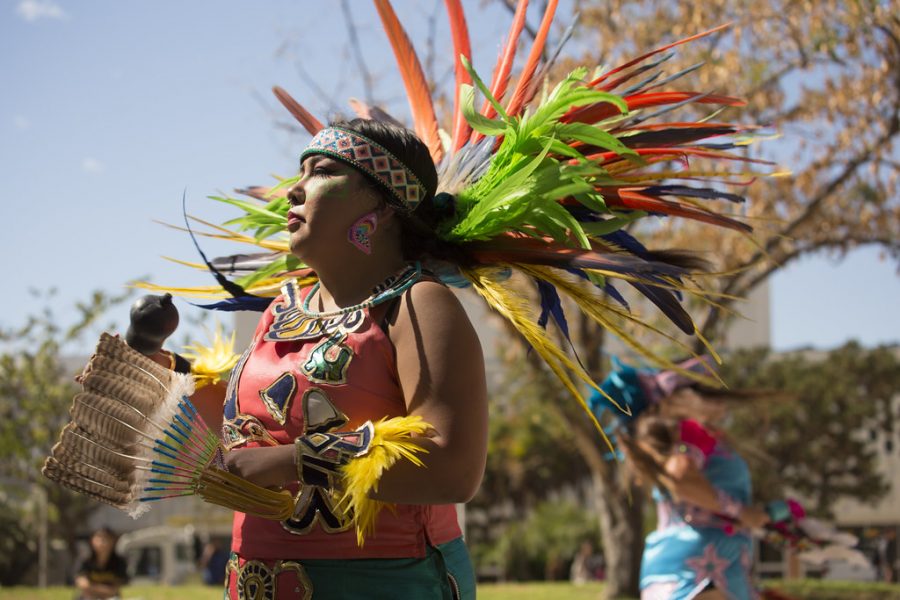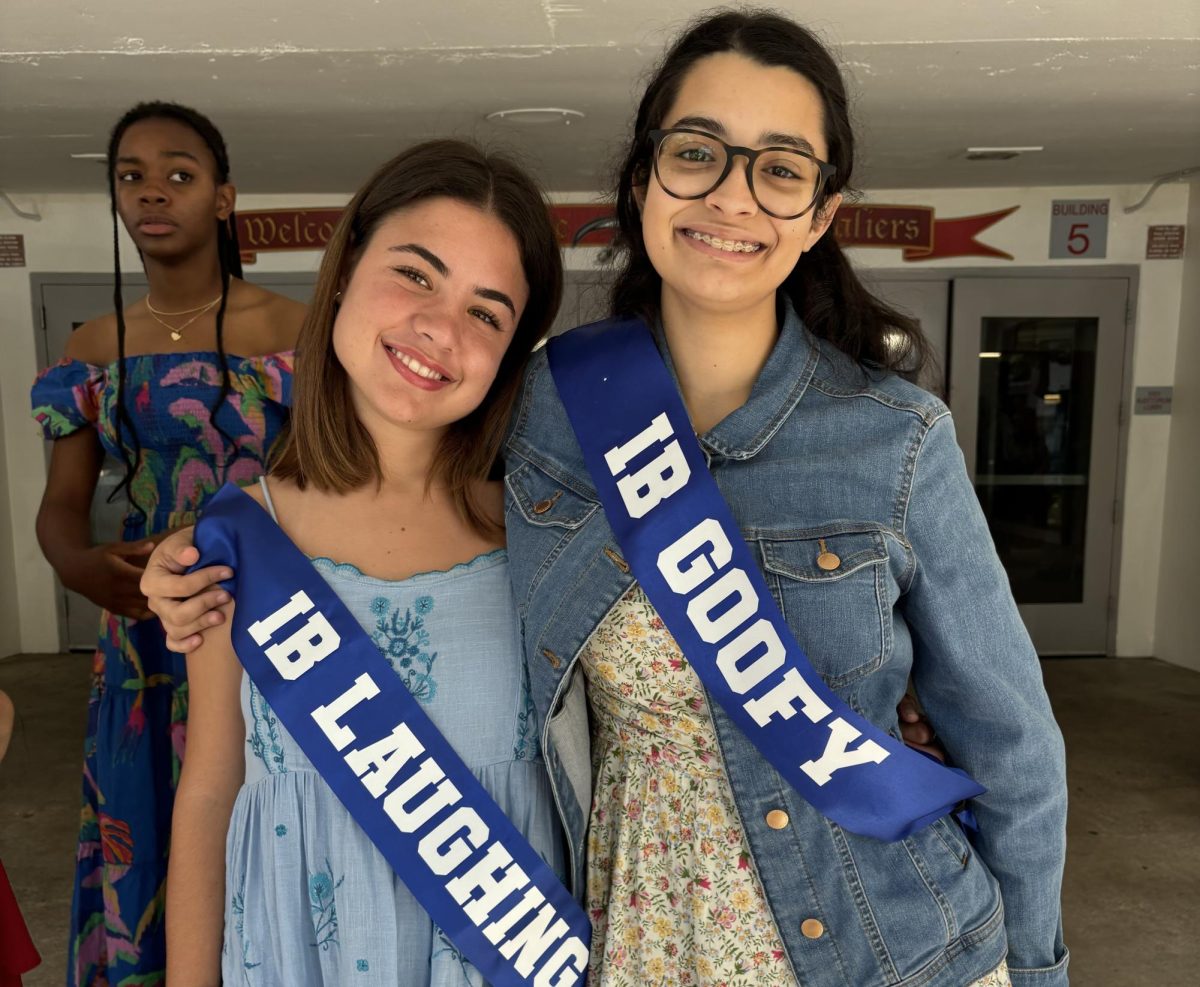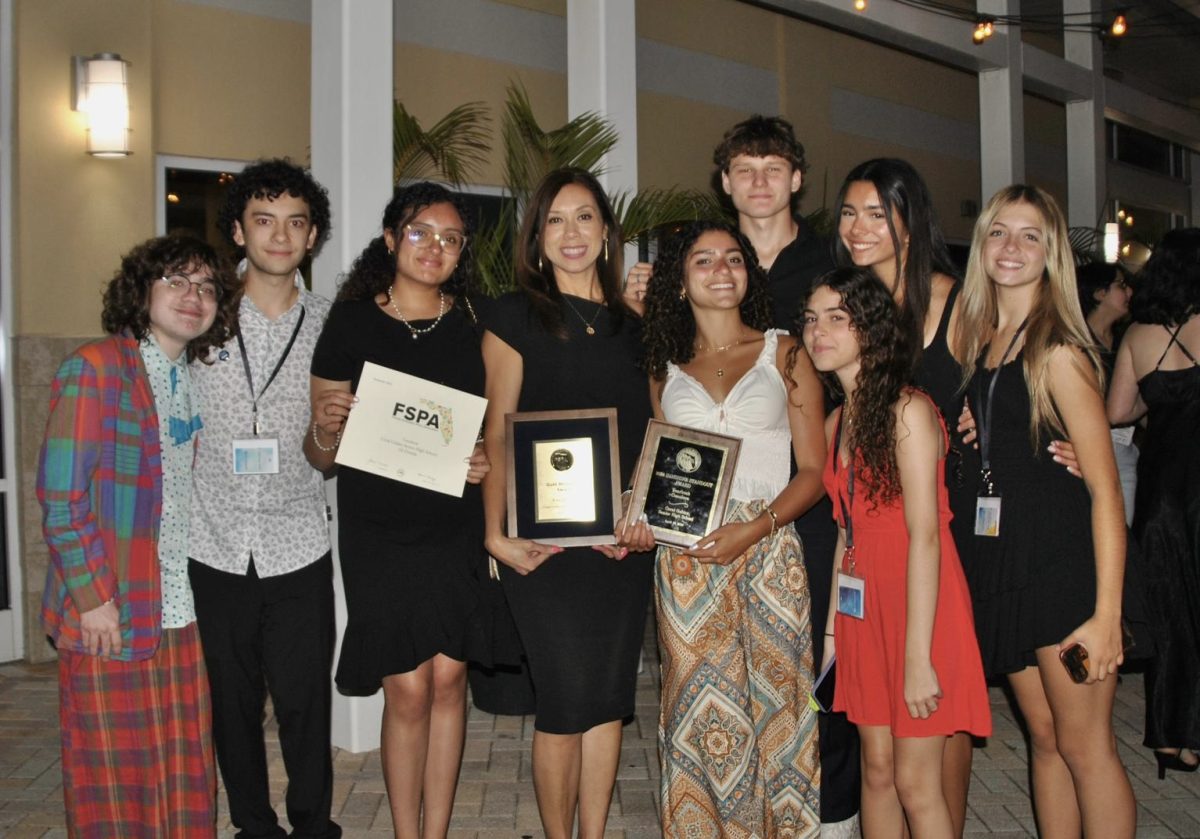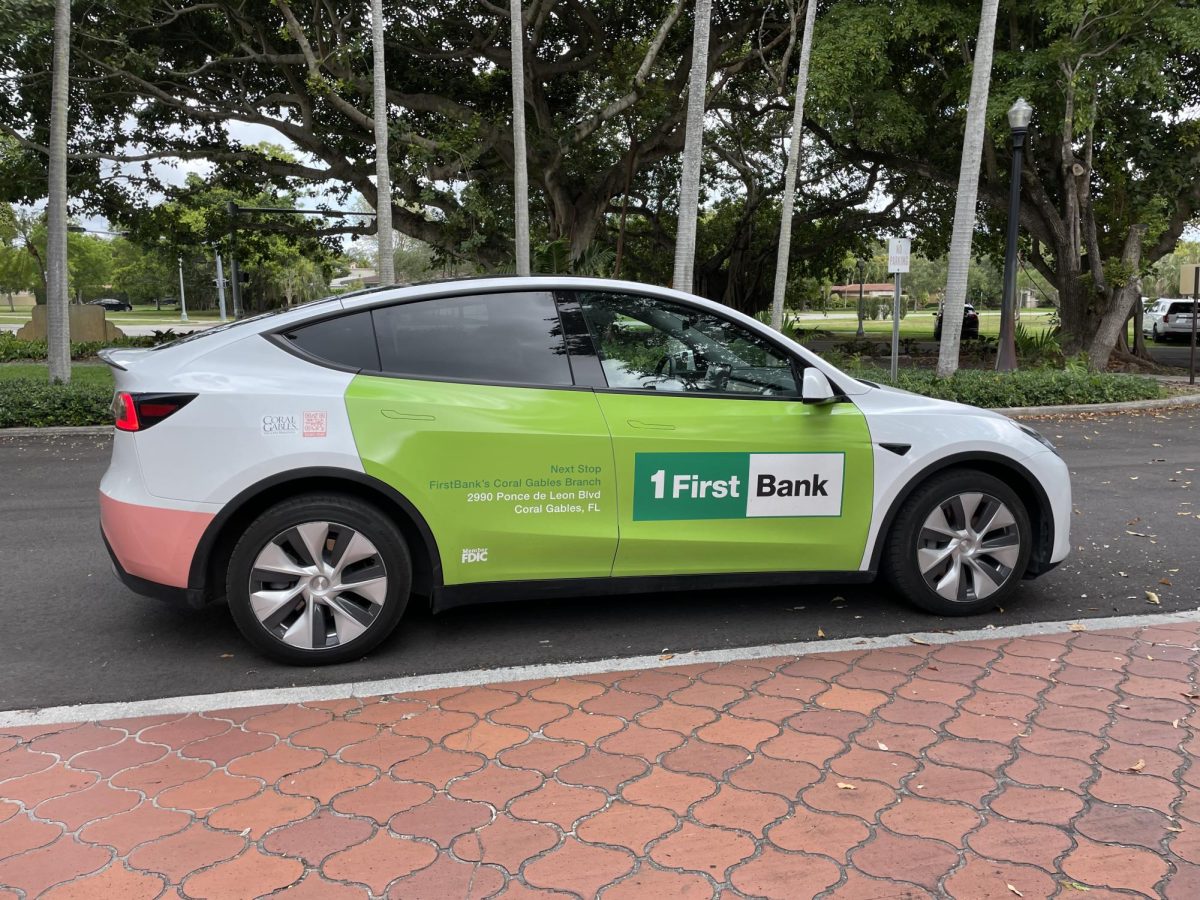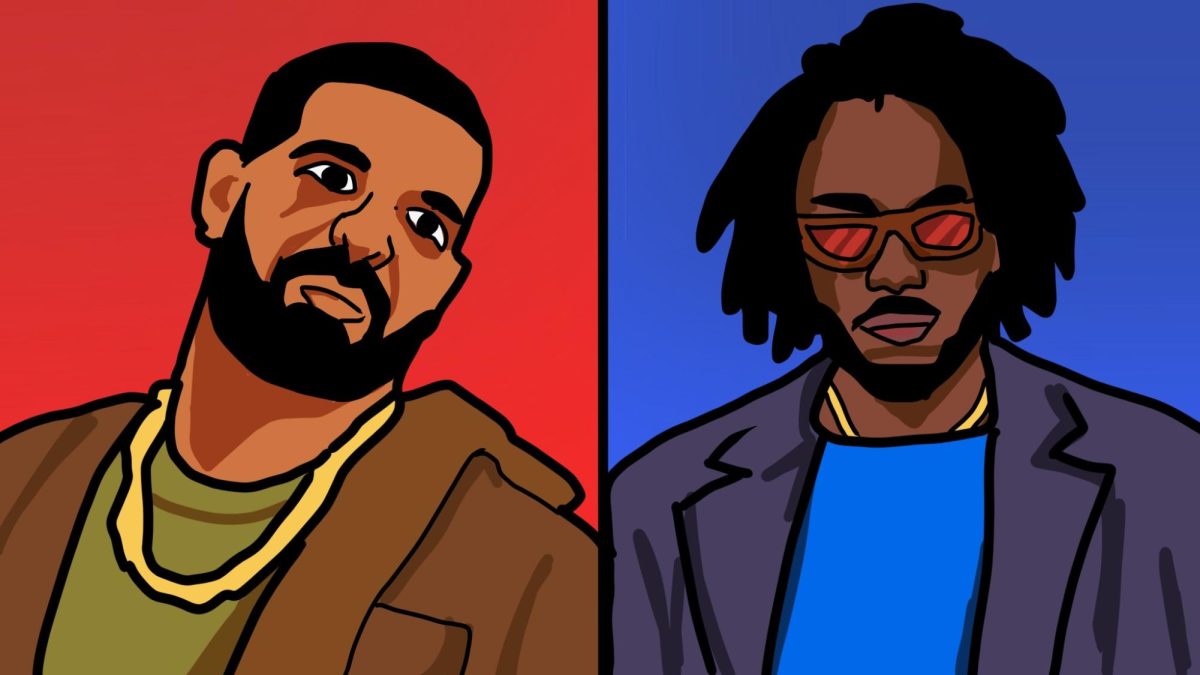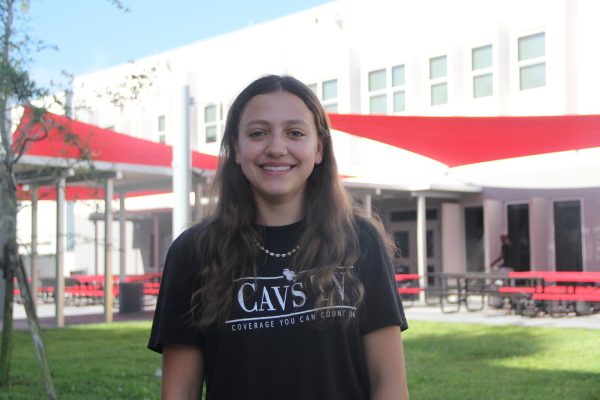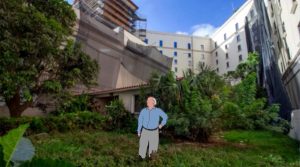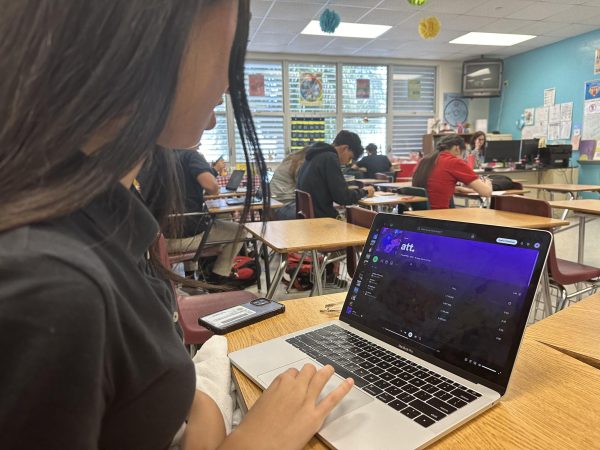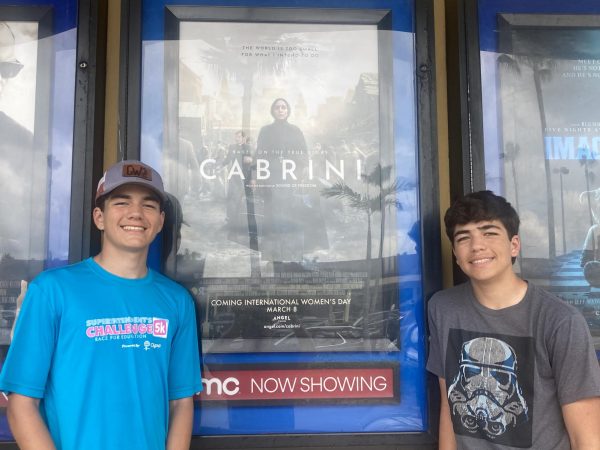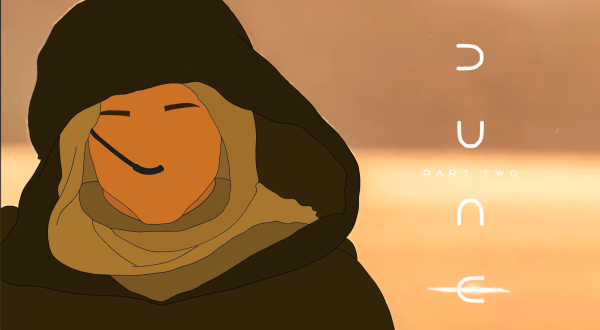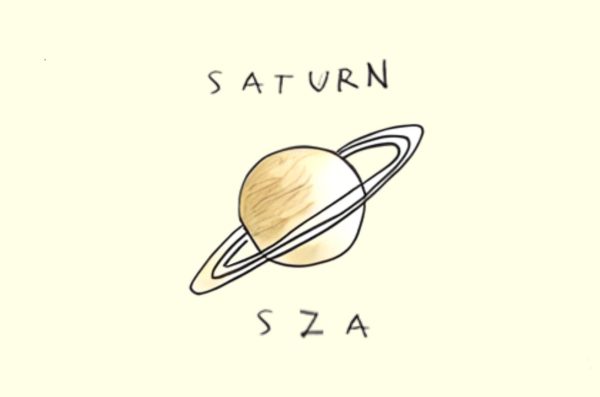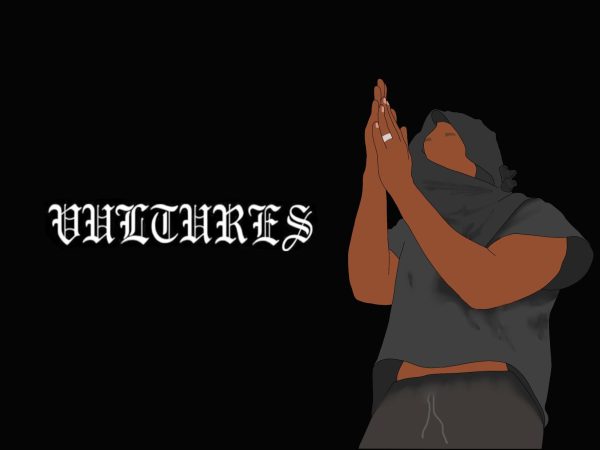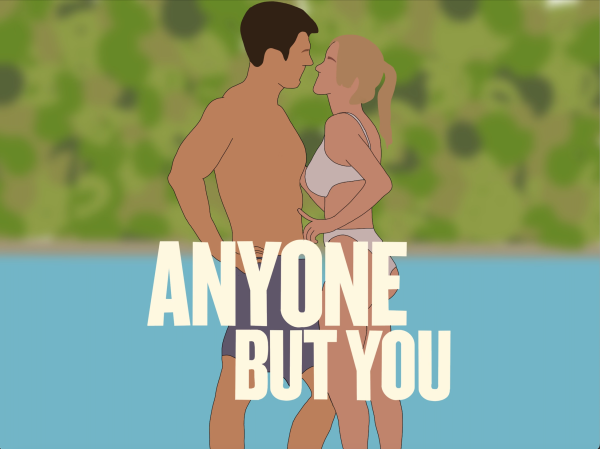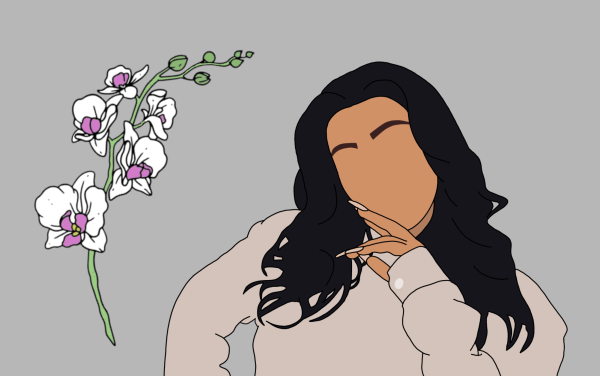Indigenous Peoples’ Day Means More Than Ever This Year
Celebrating Indigenous People’s Day is a great opportunity to learn and teach about the culture and history of the Indigenous people of America.
Oct 24, 2020
Most people in the United States are aware of Columbus Day, but are they aware of the gruesome truth behind it? This day is when people celebrate the man who supposedly “discovered” the Americas. However, our nation’s annual celebration of Columbus Day does not tell a historically accurate story and ignores the actual people that should be celebrated: the indigenous people of America. For those people, we should all celebrate Indigenous day and the history behind it.
The indigenous people of America were devastated by the arrival of Europeans taking over their land and culture. These Europeans colonized and committed a genocide that killed 56 million native people on this land. They were enslaved and stripped of their culture and if they retaliated then they would’ve been punished.
To honor the sad history of the nation’s natives, “Indigenous People’s Day” was created. This day takes place on Oct. 12, where people celebrate and honor indigenous communities in the United States of America. Ever since the 1970’, many have pushed for a replacement of Columbus Day.
To this day, 14 states, over 130 cities, and many school districts celebrate Indigenous People’s Day. Some examples are Virginia, Alaska, and South Dakota. Those who celebrate the novel holiday in these places come together to commemorate indigenous people’s culture and history.
Columbus was not the founder of America, and he should not be celebrated for his achievements. In reality, he did so many horrible things to the Native Americans and stole their land. We shouldn’t be celebrating that colonist, instead I agree to replace Columbus Day with Indigenous People Day.
— freshman Leeana J. Anderson
As of 2020. there are 574 recognized tribes and approximately 5 million people who identify as part of the indigenous community in the United States. Tribal communities have had their health and socioeconomic status negatively affected by historical trauma and racial inequities. Indigenous people are known to have a higher risk of health complications, since they are most likely to suffer from chronic illnesses, such as heart disease and hypertension.
Compared to other racial and ethnic groups, indigenous people have the highest prevalence for commercial tobacco use, a key risk factor for COVID-19 symptoms. Their poor health may also coordinate to their reliance on shared transportation, limited access to running water and household size.
Unfortunately on this Indigenous People’s Day, many indigenous people are struggling with the COVID-19. The Navajo Nation, the second most populous tribe in the U.S., had an abundant amount of people infected with the virus.
Other than having higher risks of health complications, Native Americans are also highly targeted by violent crimes such as police brutality. According to data from the Center of Disease Control and Prevention, Native Americans are killed in police encounters at a higher rate than any other racial or ethnic group.
Native American women also experience higher rates of rape and assault. A study from the Department of Justice shows that of over 2,000 women surveyed, 84 percent of Native American and Alaskan Native women have experienced violence, 56 percent have experienced sexual violence, and, of that second group, over 90 percent have experienced violence at the hands of a non-tribal member. Despite being here before anyone else, Indigenous people are still marginalized in America.
“I can’t believe Native Americans had such high risk of police brutality, rape, and assault. They don’t show it as much on the TV in comparison to others, which is depressing,” freshman Julia Freire said.
According to research, more than 52,000 Indigenous people have COVID-19. Thankfully, many organizations are working towards finding a vaccine for the virus in order to aid these native communities that are suffering. One of these organizations is The American Lung Association. They recognize the difficulties Indigenous people are going through and the underlying health disparities that have made tribal communities more susceptible to COVID-19. The organization is striving to end COVID-19 and provide free lung health education and mask to the groups of people who are in need, this includes the indigenous population.
Hopefully, the public will all be able to celebrate Indigenous People’s Day and commemorate natives people’s painful history and present-day challenges. People need to step up to help the Indigenous people of the U.S. and make sure they reach a comfortable and safe life they deserve.


